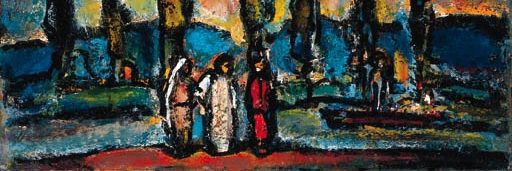Stanley Fish on humanism
The idea – the core idea of humanism – is that the act of reading about great deeds will lead you to imitate them, a sequence the young John Milton experiences when he reads Dante and Petrarch, finds himself moved by them to “more love of virtue,” and comes to see that before he can presume to write of virtuous things, he must himself be virtuous: “He who would not be frustrate of his hope to write well hereafter in laudable things ought himself to be a true Poem; that is, a composition and pattern of the best and honourablest things; not presuming to sing high praises of heroic men, or famous cities, unless he have in himself the experience and practice of all that which is praise-worthy.” (An Apology, 1641) This sentence, a mini-essay on the relation between ethics and aesthetics, enacts what it describes. It argues implicitly against the commonsense assumption that the craft of writing is one thing, the moral worth of the writer another. Milton insists that the two are one, and that without the latter, the former is impossible. The somewhat clotted opening of the sentence — “He who would not be” — holds us up until the sentence opens up with the word “hope” and the briskly audacious, smoothly flowing declaration that if you want to write a good poem about good things, you must yourself be the thing you write about, “a true Poem.” The question raised — what exactly is a true poem? — is acknowledged by Milton when he promises, with the professorial “that is,” a clarifying definition. But by the logic of his message, no definition will be sufficient, because the state of true poem-hood cannot be described from the outside. It is a feature of one’s inside, and if it isn’t, no amount of words will explain it. So what follows the “that is” is a series of words and phrases that are themselves in need of an explanation no discursive elaboration could possibly provide. The words “composition” and “pattern” nicely join the perspectives of writing craft and moral probity: what you can compose depends on what you are composed of. The words that follow — “best” and “honourablest” — raise the same questions as “true Poem”: What exactly is the best and the most honorable? And a bit later, what is heroic? Again, the answer will be found, if it is found, “within himself”; that is where the “experience and practice of all that which is praise-worthy” reside. The objects of the sentence’s high praise — heroic men, good poems, honorable deeds — never acquire explicit and visible shape in the course of its unfolding, for if they did, the sentence — itself a true poem because of its reticence — would betray itself. The sentence refuses to give up its contents.
from How to Write a Sentence: And How to Read One, (HarperCollins, 2011), 137-8.
